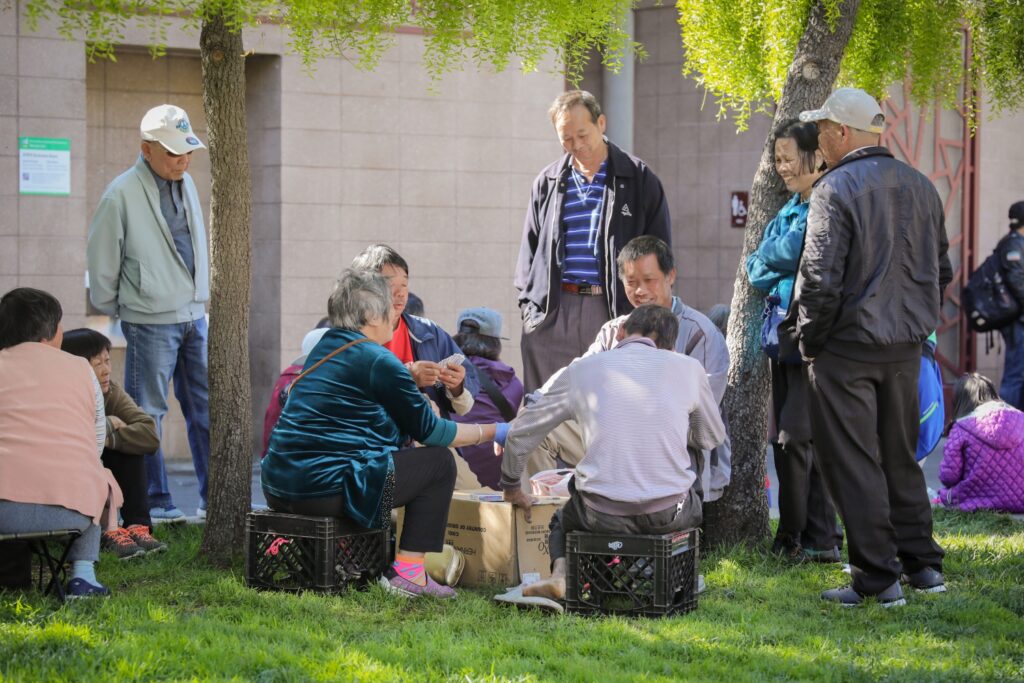We are less than 50 days out from a consequential federal election. On a personal note, it feels like one of the most pivotal elections of my lifetime, one that will be of vital importance for direct care workers and the people and families they support.
While their solutions differ sharply, both political parties recognize the needs of direct care workers, family caregivers and consumers in their official policy platforms. The 2024 Republican Party Platform speaks to addressing “disincentives that lead to Care Worker shortages, and [supporting] unpaid Family Caregivers through Tax Credits and reduced red tape.” The 2024 Democratic Party Platform identifies “supporting family caregivers, and [investing] in care infrastructure by raising wages and the quality of care worker jobs.”
During the recent presidential debate, candidates offered differing visions about healthcare. When Vice President Harris said, in speaking about the Affordable Care Act and Medicare, that “access to healthcare should be a right and not just a privilege of those who can afford it,” she spoke directly to equity issues central to the work of PHI and other advocates.
However, in articulating their contrasting visions for U.S. healthcare, neither Vice President Harris nor former President Trump focused on direct care workers and the essential role they play in supporting millions of older adults, people with disabilities and family caregivers in our nation. And neither spoke to demographic changes in our aging nation that will place significant future burden on both paid and unpaid caregivers, and make direct care jobs one of the fastest growing U.S. occupations over the next decade … and beyond.
Meeting growing demand will require concrete investments in high-quality direct care jobs, with quality training, fair compensation, quality supervision and support, respect and recognition and real opportunity.
Just as it is key for healthcare-focused dialog to spotlight direct care workers, it is as critical that labor-focused discourse factors in direct care jobs. On Sept. 6, through his “Good Jobs” Executive Order, President Biden took the laudable step of promoting family-sustaining wages, workplace safety, access to essential benefits, and greater opportunities to join unions. Yet, direct care jobs went unmentioned, largely driven by the fact that they do not fully meet the threshold laid out in the Administration’s Good Jobs Principles. This is a missed opportunity to prioritize investment in—and bring new opportunities to—a workforce that makes essential contributions to our economy every day.
PHI urges candidates for political office and their allies to inform the public more about their direct care workforce-focused policies, and to share more about other policies to benefit family caregivers, older adults and people with disabilities.
We encourage prospective voters to ask candidates about their direct care workforce policies. We deserve leaders who offer concrete solutions to our nation’s collective caregiving needs—for today and for the future.
Jodi M. Sturgeon, MBA, is president & CEO of PHI, in New York.












